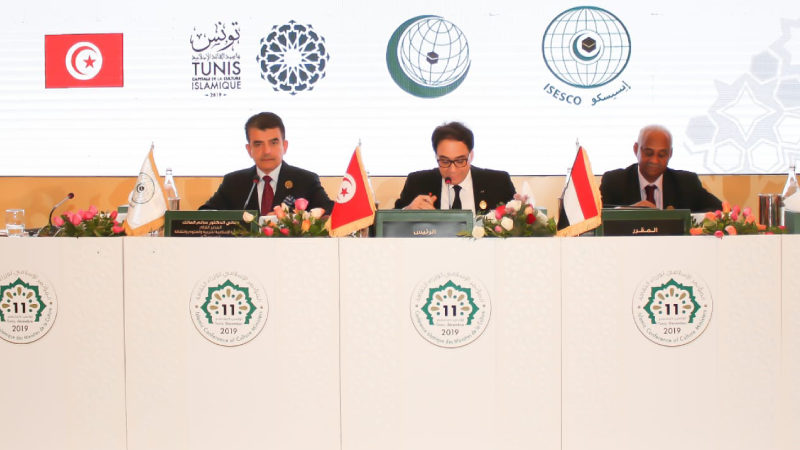
ISESCO adopts the inscription of 7 new regions on the Islamic World Heritage List

24 December 2019
The Islamic Educational, Scientific and Cultural Organization (ISESCO) adopted the inscription of Rabat, capital of the Kingdom of Morocco; Tunis, Kairouan and Mahdia, the Republic of Tunisia; the historical region of Cairo in the capital of Egypt; and Kasbah region in Algiers, Republic of Algeria; as well as Nizwa, Sultanate of Oman, on the Islamic World Heritage List.
This adoption was on the Final Report of the 11th Islamic Conference of Culture Ministers, held in Tunis on 17-18 December 2019 under the theme “Toward the Development of Current Cultural Policies in the Islamic World”, with the participation of 50 countries and 15 regional and international organizations.
Dr. Salim M. AlMalik, ISESCO Director General, had requested the Ministers of Culture and the competent parties in Member States to continue the submission of the technical files to inscribe all the tangible, intangible, natural and industrial heritage sites in their countries on the Islamic World Heritage List.

In his address at the Conference’s opening session, Dr. AlMalik stated that ISESCO established a special unit for the inscription of heritage sites in Muslim countries according to strict scientific and international standards. ISESCO also signed a cooperation agreement with UNESCO on the inscription of heritage sites of Member States on the World Heritage List.
Besides, Dr. AlMalik underlined that heritage and cultural heritage in many Member States are subject to disappearance, destruction and looting as the List of World Heritage in Danger includes 37 sites in Muslim countries out of 54 sites accounting to almost 70% of the sites in danger.
ISESCO Director General also stressed the importance of translating the cultural unity and solidarity regarding the preservation of the Islamic cultural heritage into a programme to be supervised by ISESCO to jointly inscribe a number of exemplary historical and civilizational routes (Hajj route, routes of trade caravans, and the routes of travelers, scholars, students and manuscripts, etc) on the Islamic World Heritage List while reaffirming that ISESCO adopted this action within its new vision.




